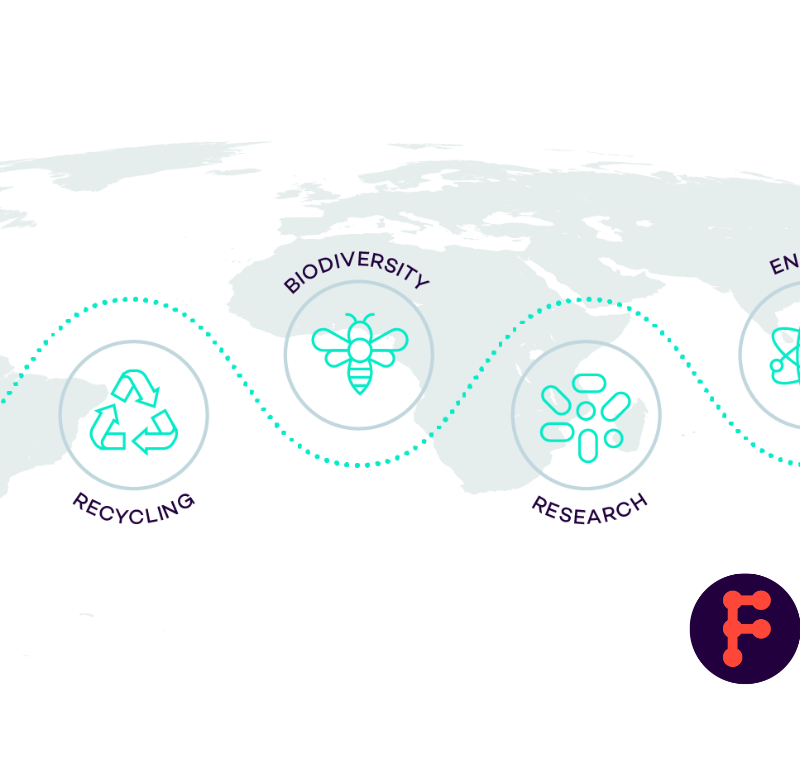How Google search results will evolve throughout 2015
Because of how SERPs were originally constructed, users have historically rely on the top handful of results, meaning the higher you ranked, the better chance you had of gaining traffic, with a significant jump once you got on the first page.
SERPs have traditionally listed the top ten results for any given search query. If you could get rank ten or higher (ie, on the first page of Google’s search results), you’d open the door to website traffic.
Google has been refining their SERP designs, just like they’ve been refining their search algorithm, for years now. In 2015, this evolution has rapidly accelerated, and by the end of the year we may know the form of a very different SERP than those that once defined our goals as search marketers.
More like this
How to tell if Google thinks your site is mobile-friendly
Are publishers ready for Google’s ‘mobile-friendly’ rankings?
Q&A: Google’s Richard Gingras on publishing models and innovation









